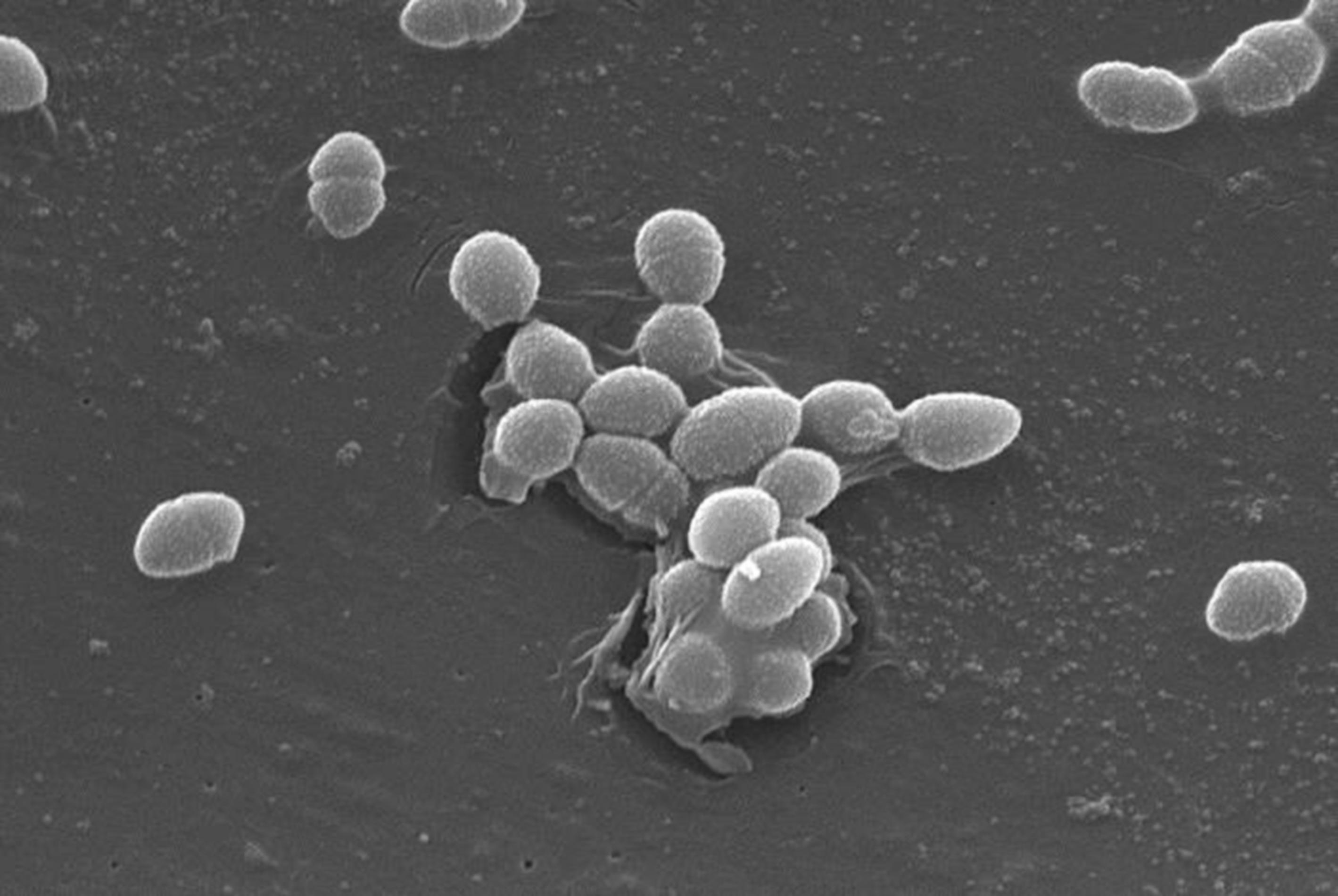

Tiny bacteria in an infant's gut could set them on an early path for obesity and liver disease as they grow up.
New research from CU Anschutz took stool samples from infants born to normal weight and and from those born to obese mothers. Then, the infants’ microbiomes were transferred germ-free mice.
Researchers found gut microbes from babies of obese mothers caused metabolic and inflammatory changes to liver and bone marrow cells in the mice.
Lead researcher Taylor Soderborg, a MD/PhD candidate at the CU School of Medicine, said when mice were fed a high-fat Western diet, they were more likely to gain weight rapidly and develop fattier livers.
"This research really helps highlight that these early changes in the microbiome could be increasing the risk for people and it's not just lifestyle choices,” Soderborg said. “And we need to figure out how do we fix that early problem so people aren't just already at such a high risk for these diseases."
The changes in the gut microbiome early on may come before the development of obesity, “instead of being caused by established obesity,” Soderborg said.
“This is the first study to show a causative role of these microbes in priming development of obesity.”
Newborns of obese mothers could be screened to see if microbe changes put them at higher risk, Soderborg said.
The research is published in the journal Nature Communications.








